Top 10 Safest Self-Driving Cars of 2024
Explore the top 10 safest self-driving cars in 2024, showcasing innovation and security in autonomous driving technology.

The quest for the safest self-driving cars of 2024 has unveiled remarkable advancements in autonomous driving technology. With safety as a paramount concern, manufacturers are pushing the envelope, blending innovation with robust security measures. This list dives into the safest self-driving cars of 2024, showcasing how cutting-edge technology is driving us towards a future of safer, autonomous travel.
Exploring the Safest Self-Driving Cars of 2024
In 2024, the automotive industry is set to take a significant leap forward with the introduction of self-driving cars that promise not only enhanced convenience but also unparalleled safety. This advancement represents a pivotal moment in our journey toward fully autonomous vehicles. The following list meticulously examines the top contenders, focusing on their safety features, autonomous capabilities, and how they're setting new standards for the industry.
List of Top Choices
- Tesla Model Y
- Audi RS Q8
- BMW X5
- Mercedes-Benz E-Class
- Volvo XC60
- Waymo One (Chrysler Pacifica Hybrid)
- Cruise Origin
- Ford F-150
- Nissan Ariya
- Honda Civic
Tesla Model Y
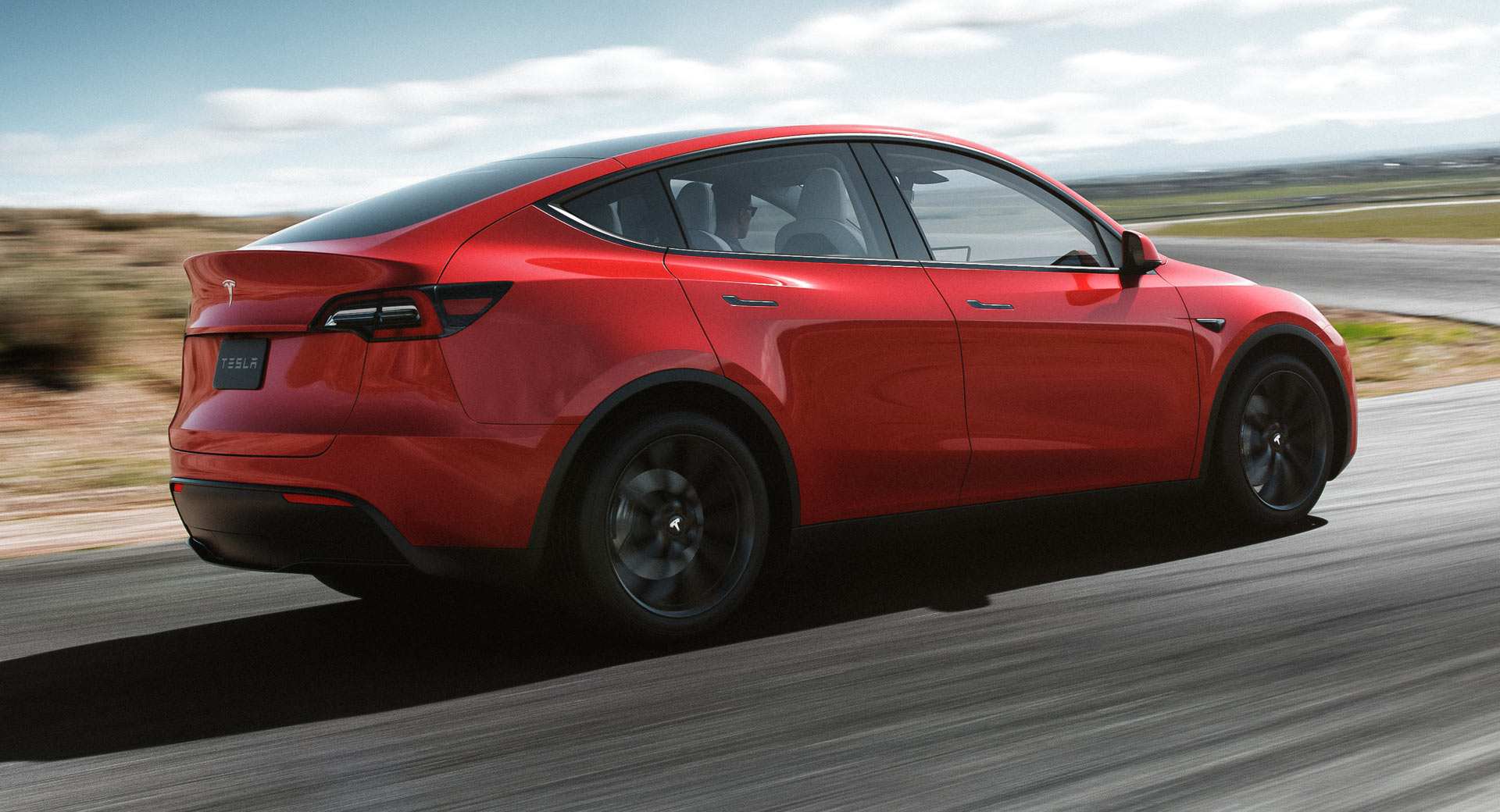
- Autopilot with lane centering and traffic-aware cruise control
- Full Self-Driving (FSD) Capability as an optional upgrade
- Active safety features including emergency braking and collision warnings
The Tesla Model Y leads the pack in the race towards full autonomy with its advanced Autopilot system. While not fully self-driving, its capabilities, such as keeping the car centered in the lane and adjusting speed based on traffic, are exceptional. Its optional Full Self-Driving package pushes boundaries further, though it's important to note that drivers must stay alert and ready to take over. The emphasis on active safety features, such as automatic emergency braking and collision warnings, showcases Tesla's commitment to safety alongside innovation.
Audi RS Q8
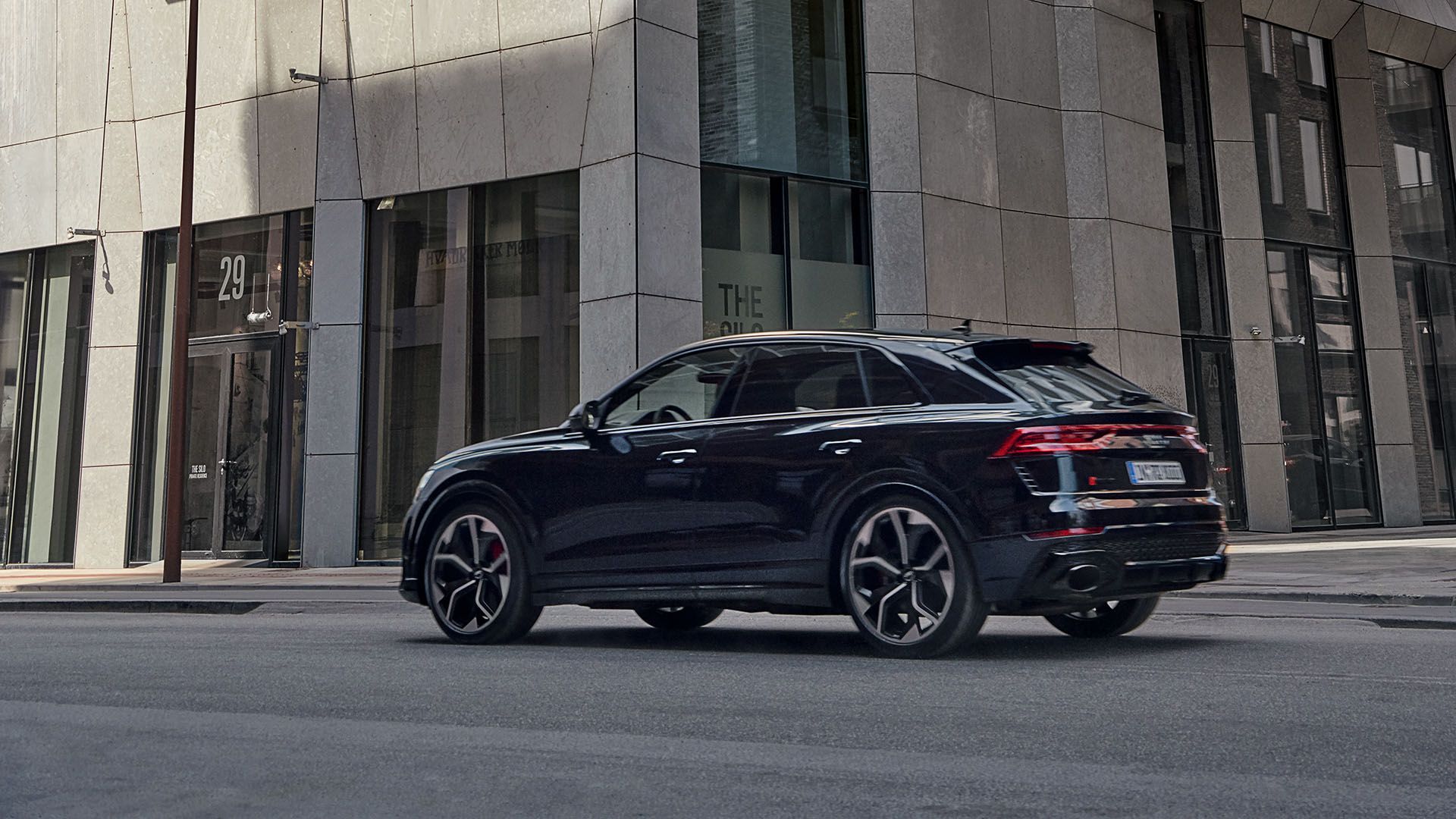
- Traffic Jam Pilot for hands-free driving up to 37 mph on divided highways
- System monitors to ensure driver readiness to take control
- Array of safety and assistance features including pre-sense and side assist
The Audi RS Q8 brings luxury and safety to the forefront with its Traffic Jam Pilot system. This hands-free driving feature, operational at speeds up to 37 mph on certain highways, highlights Audi’s pioneering approach to autonomous driving. The car is designed to ensure the driver's readiness to reassume control, adding an extra layer of safety. Coupled with Audi's suite of assistance technologies like pre-sense and side assist, the RS Q8 is a testament to Audi’s commitment to combining autonomy with safety.
BMW X5

- Driving Assistant Professional for lane departure warnings and adaptive cruise control
- Hands-free driving under specific conditions on highways
- Equipped with blind spot detection and emergency stop assistance
BMW's X5 introduces the Driving Assistant Professional package, a blend of features designed to offer a semblance of autonomous driving. This system not only alerts the driver to lane departures but also autonomously navigates traffic through adaptive cruise control and stop-and-go technology. Under certain conditions, the X5 can even manage hands-free highway driving, albeit with the expectation that the driver remains engaged. The inclusion of blind spot detection and emergency stop assistance ensures that safety is not an afterthought but a priority.
Mercedes-Benz E-Class

- Drive Pilot system allows hands-free driving on specific freeways
- System actively adjusts speed and maintains distance from other vehicles
- Driver engagement required with system monitoring attentiveness
The Mercedes-Benz E-Class sets itself apart with the Drive Pilot system, a step closer to autonomous driving on select German freeways. This system's ability to adjust speed and maintain a safe distance from other vehicles autonomously underscores Mercedes-Benz's innovative strides. However, the system ensures safety by requiring driver engagement and attentiveness, reinforcing the balance between autonomy and safety. The E-Class reflects Mercedes-Benz’s ethos of integrating cutting-edge technology with uncompromised safety standards.
Volvo XC60

- Pilot Assist for adaptive cruise control with lane centering
- Designed for clear lane marking highways
- Does not function as a fully self-driving system but enhances driver safety
The Volvo XC60 continues Volvo’s tradition of prioritizing safety with its Pilot Assist system. Though not a fully autonomous system, Pilot Assist significantly aids drivers on the highway by automatically adjusting speed and centering the car within its lane, provided the lane markings are clear. This system embodies Volvo's approach to incrementally enhance driving safety and comfort without compromising the need for driver attention and involvement. It’s a testament to Volvo’s long-standing commitment to safety, now and into the future of autonomous driving.
Waymo One (Chrysler Pacifica Hybrid)
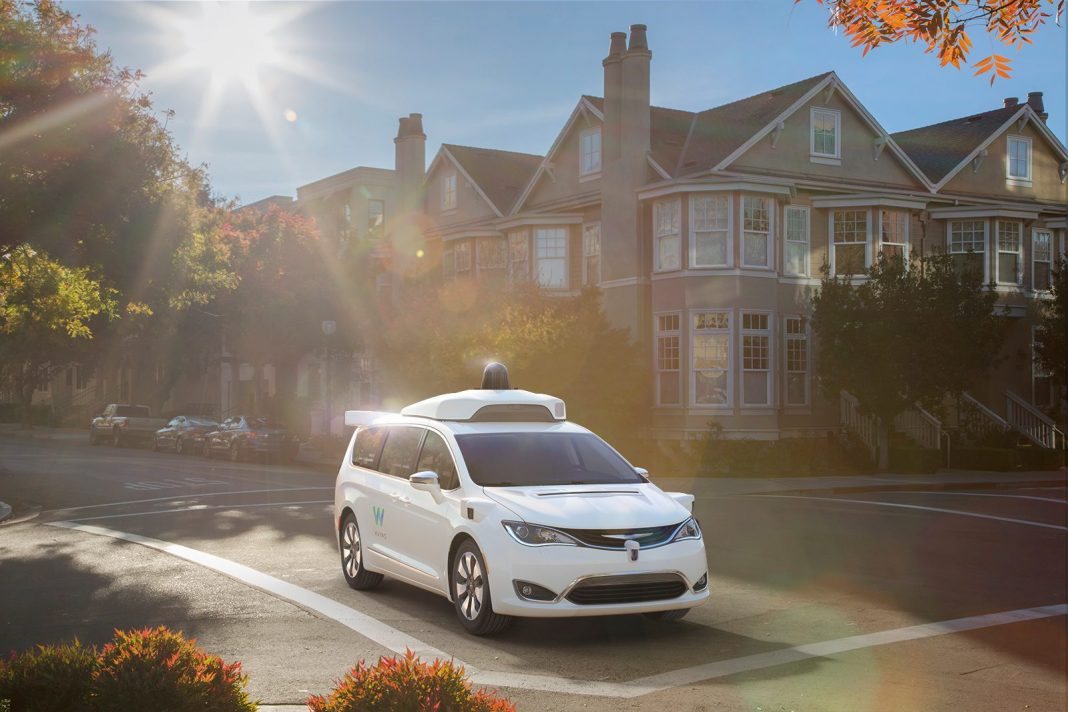
- Leader in fully autonomous driving technology
- Commercial self-driving car service available in specific U.S. areas
- Advanced sensors and AI for real-time navigation and decision making
Waymo One, operated by Alphabet Inc.’s Waymo, pushes the envelope in self-driving capabilities. Unlike the semi-autonomous systems in consumer cars, Waymo One offers a fully autonomous driving service, currently operational in selected locations in the U.S. It harnesses an exceptional array of sensors and artificial intelligence to make real-time navigation and decision-making decisions, aiming for a future where personal car ownership could be optional. This level of innovation places Waymo One at the pinnacle of safety and autonomy in today's automotive landscape.
Cruise Origin
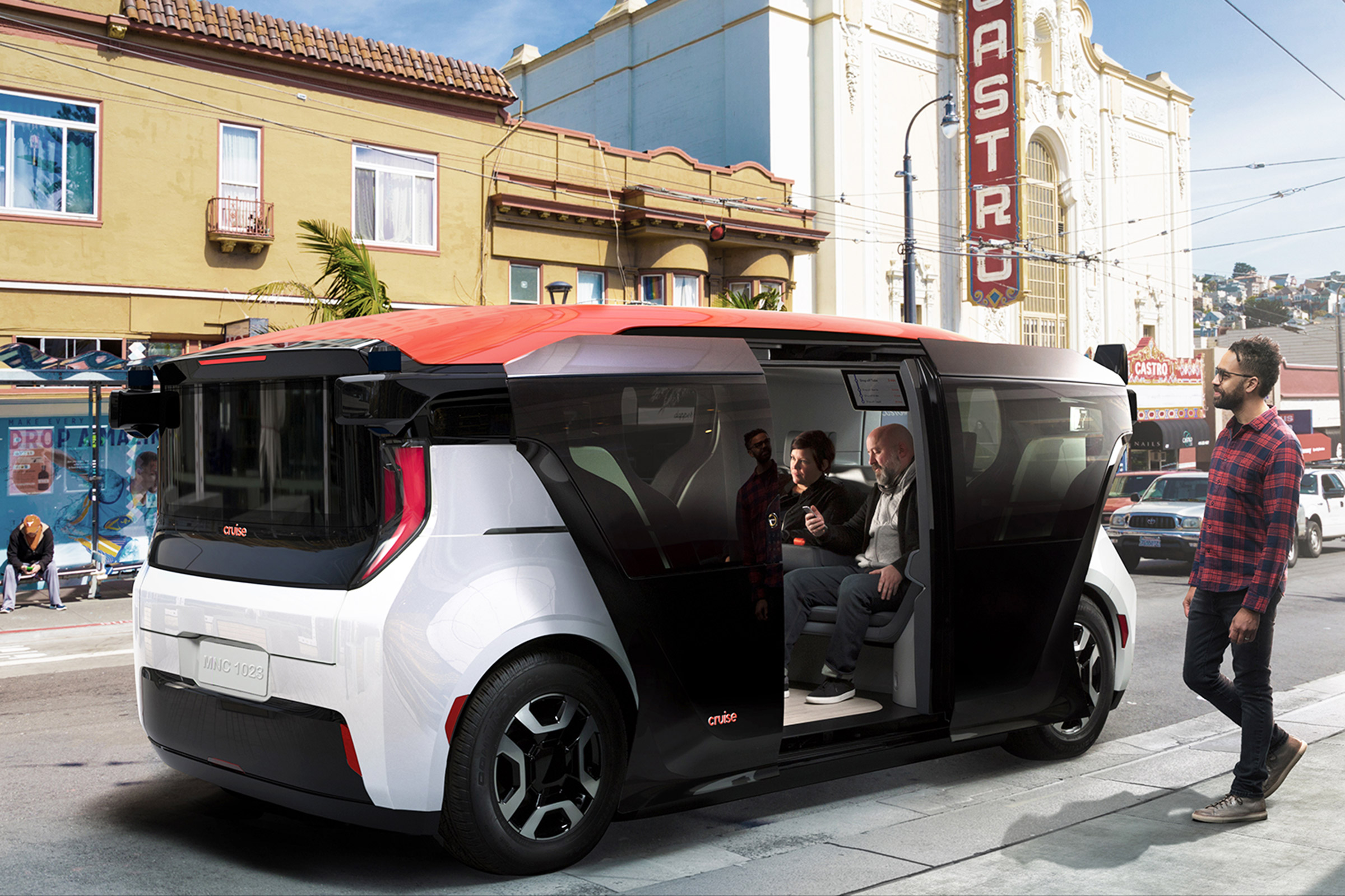
- Purpose-built for a driverless experience, no steering wheel or pedals
- Backed by General Motors, aiming for a future self-driving car service
- Focus on shared, environmentally friendly urban mobility
The Cruise Origin, envisioned by General Motors’ subsidiary Cruise, reimagines the concept of the car. Designed entirely for autonomy, it lacks traditional controls like a steering wheel and pedals, instead focusing on shared, environmentally friendly urban transport. Though not yet available for consumer purchase, plans for a commercial service suggest a future where cars are more about shared experiences than personal ownership, aligning with goals for safer, cleaner cities.
Ford F-150
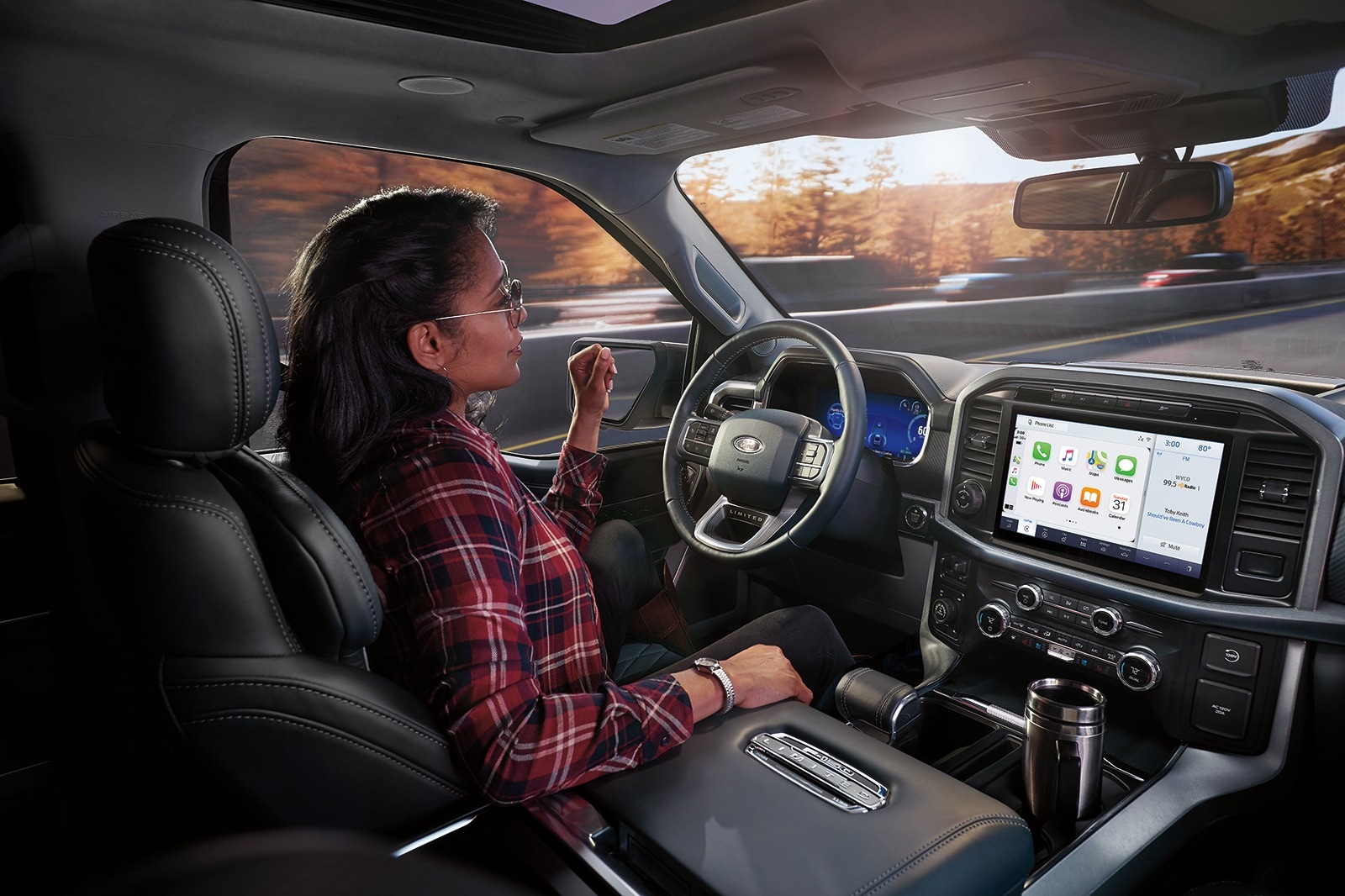
- BlueCruise system enables hands-free driving on certain highways
- Utilizes cameras and radar for lane-keeping and adaptive cruise control
- Focuses on driver convenience without compromising safety
The Ford F-150's BlueCruise technology marks a significant step towards full vehicular autonomy, offering hands-free driving capabilities on prequalified sections of highways. This system uses an array of cameras and radar to maintain lane position and adjust speed, emphasizing safety and driver convenience. While the system signals a major advance in autonomous driving, Ford stresses the importance of driver readiness to take control, melding technological progress with essential safety precautions.
Nissan Ariya
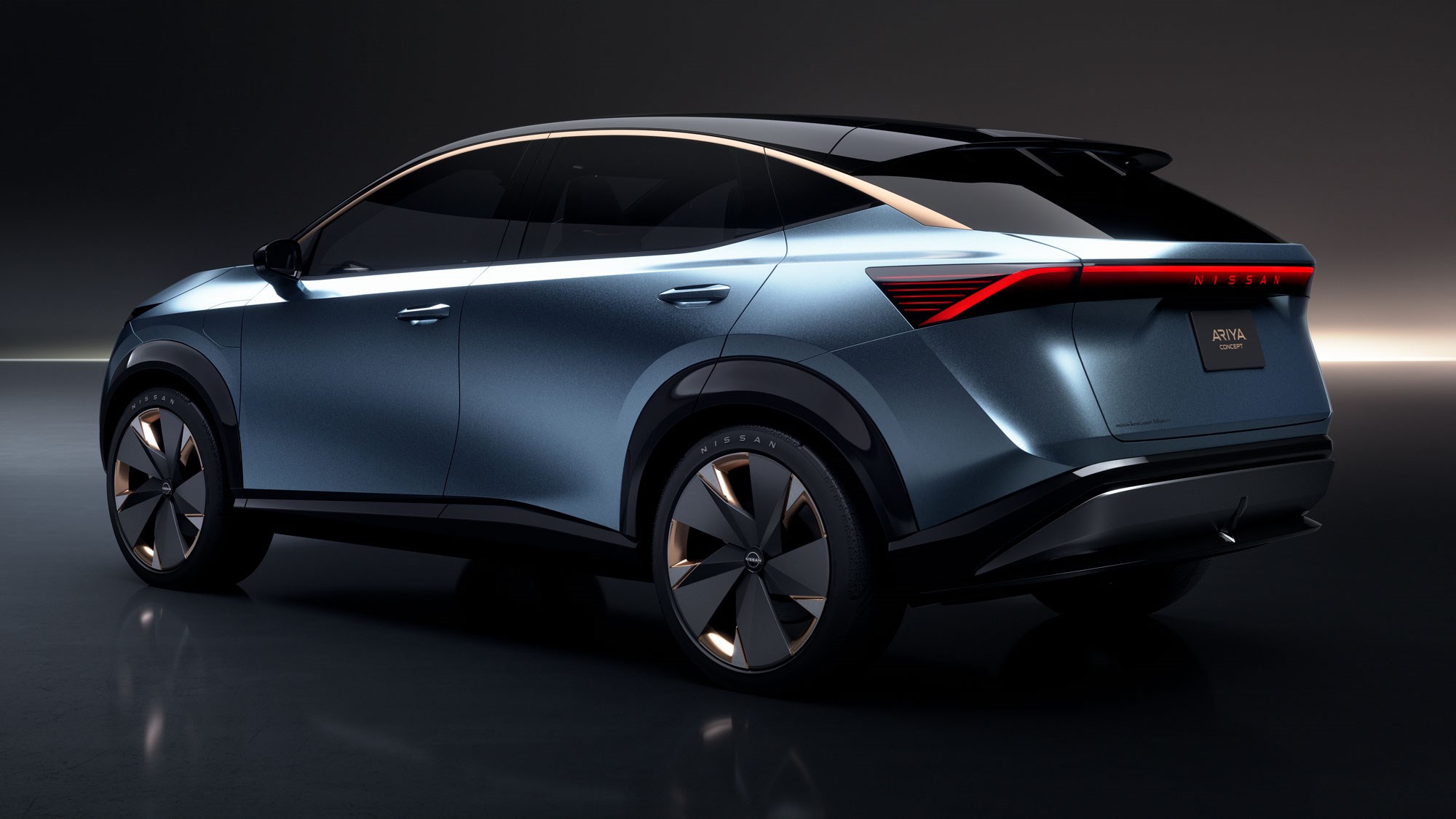
- ProPILOT Assist enhances driving with lane keeping and adaptive cruise control
- Designed for highway use, easing the burden of long drives
- Blends advanced technology with driver safety aids
Nissan steps into the future with the Ariya, equipped with the ProPILOT Assist system. This feature supports drivers on highways by maintaining lane position and adapting cruising speed based on traffic conditions, significantly reducing driver strain on long journeys. The Ariya exemplifies Nissan’s commitment to merging adaptive technology with critical safety measures, ensuring that advancements in autonomous driving come hand-in-hand with enhanced security for all road users.
Honda Civic
- Honda Sensing suite offers comprehensive driver assistance
- Included features such as adaptive cruise control and collision mitigation braking
- Emphasizes safety in everyday driving scenarios
The Honda Civic, equipped with the Honda Sensing suite, brings advanced driver-assistance technologies into the mainstream. This comprehensive package includes adaptive cruise control, lane keeping assist, and collision mitigation braking among other features. Through these technologies, the Civic aims to increase safety for drivers, passengers, and pedestrians alike. Honda's approach highlights a commitment to leveraging technology not just for convenience, but importantly, for making safer roads accessible to everyone.
In conclusion, the safest self-driving cars of 2024 represent a diverse group of vehicles, encompassing luxury SUVs, versatile family cars, and innovative services pushing towards full autonomy. These selections showcase the automotive industry's drive towards safer, more efficient, and increasingly autonomous vehicles. As technology progresses, the focus remains squarely on enhancing safety, whether through advanced driver-assistance systems or fully autonomous driving solutions. The future of driving — safer and more accessible — is clearly on the horizon.
What's Your Reaction?

































































